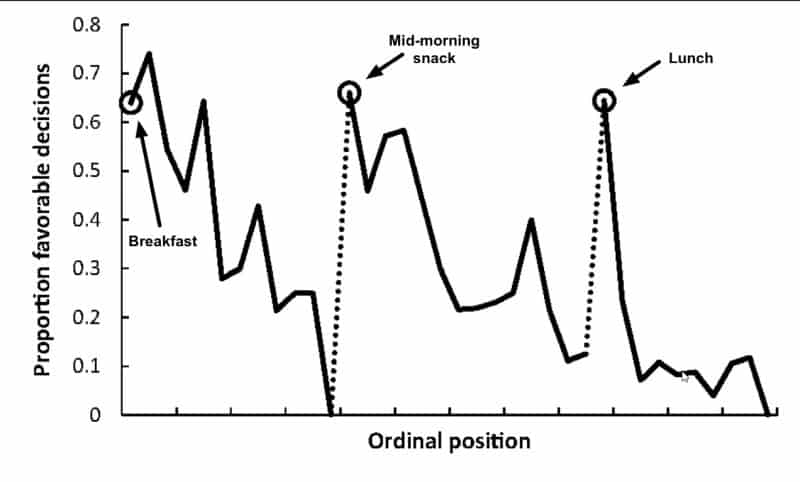Let a man recruit me
“A candidate prefers to be recruited by a man rather than artificial intelligence.” I recently read in a Facebook comment.
Are you sure?
The last episode of the World Science Festival, with a meaningful title Outsourcing Humanity, discussed progress in the development of artificial intelligence. The episode presents the successes and failures that arise during the development of this technology. Among the successes were promising results in the detection of breast cancer. Among the failures, the spectacular fiasco of artificial intelligence tested in Amazon recruitment processes. The reasons for Amazon’s failure resulted from the fact that incorrectly prepared data was used to learn AI algorithms. These data concerned historical recruitment processes in which male candidates were the preferred candidates. The algorithm, learning from such data, also preferred men, which quickly came to light and a spectacular failure became a fact.
However, my special attention was drawn to the case of a completely different failure, not directly related to artificial intelligence.
A case, whose analysis can shake the faith in human judgment, comes from an area that should be the backbone of the most accurate and just decisions – the justice system.
In 2011, a study by the American Academy of Sciences was published, which revealed quite shocking results of the analysis of court decisions in parole cases. More than 1,000 judgments issued within ten months by eight experienced judges were examined. The research shows that the highest probability (65%) of obtaining a positive court decision was immediately after breakfast (its not a joke). This probability was then constantly decreasing, and before the next meal, it was almost zero. The result of the research is presented in the chart below:

As you can see, before the break for “second breakfast” and lunch, there is little chance for a positive court decision. Right after the meal, the chance reaches its maximum. I wouldn’t have believed this research if I hadn’t seen it in a credible scientific program, and then I wouldn’t have reached the sources at the American Academy of Sciences (https://www.pnas.org/content/108/17/6889.full). The conclusion of the study was the following:
Indeed, the caricature that justice is what the judge ate for breakfast might be an appropriate caricature for human decisionmaking in general.
Analyzing the above, I remembered a comment about a candidate who prefers to be hired by a man rather than artificial intelligence. However, since court decisions may be so susceptible to factors unrelated to the subject matter of the case and to the exercise of the profession of judge in general, can we expect guarantees of objective, fair decisions from a modest recruiter?
This question is a good introduction to further reflection on the use of artificial intelligence in recruitment. This, as well as the development of Artificial Intelligence algorithms in the Element ATS, will be discussed in subsequent posts on our blog.
Related posts:
Please also:

Maciej Michalewski
CEO @ Element. Recruitment Automation Software
Recent posts:
Is it okay to use ChatGPT content as my own words?
The article analyzes the use of ChatGPT content in communication, pondering the ethics and appropriateness of using AI-generated content as one’s own.
Letters of Intent and Preliminary Contracts in Recruitment Processes: A Comprehensive Guide
Explore key aspects of preliminary employment and B2B agreements in our guide. Learn about the essential information required, the rights and obligations arising from such contracts, and how to handle missing details. Our guide offers professional advice and tips to facilitate understanding of these important legal documents.
GDPR-Compliant Recruitment: A Comprehensive Guide to Sourcing & Candidate Verification
Dive into our in-depth tutorial on GDPR-compliant recruitment. Master best practices for sourcing, direct search, job advertisements, and candidate verification to ensure full compliance with GDPR standards.
Complete Guide: Applying GDPR in Recruitment & Direct Search
Complete guide: applying GDPR in recruitment & direct search About the guide: GDPR in recruitment This guide on the processing of candidates’ personal data during
RPO – Recruitment Process Outsourcing: definition, functions, benefits
Explore Recruitment Process Outsourcing (RPO). Learn its definition, functions, and benefits. See how RPO can enhance your hiring strategy.
How to Respond to Negative Anonymous Employee Reviews
How to Respond to Negative Anonymous Employee Reviews – a complete guide for employers, with real life examples and solutions.

